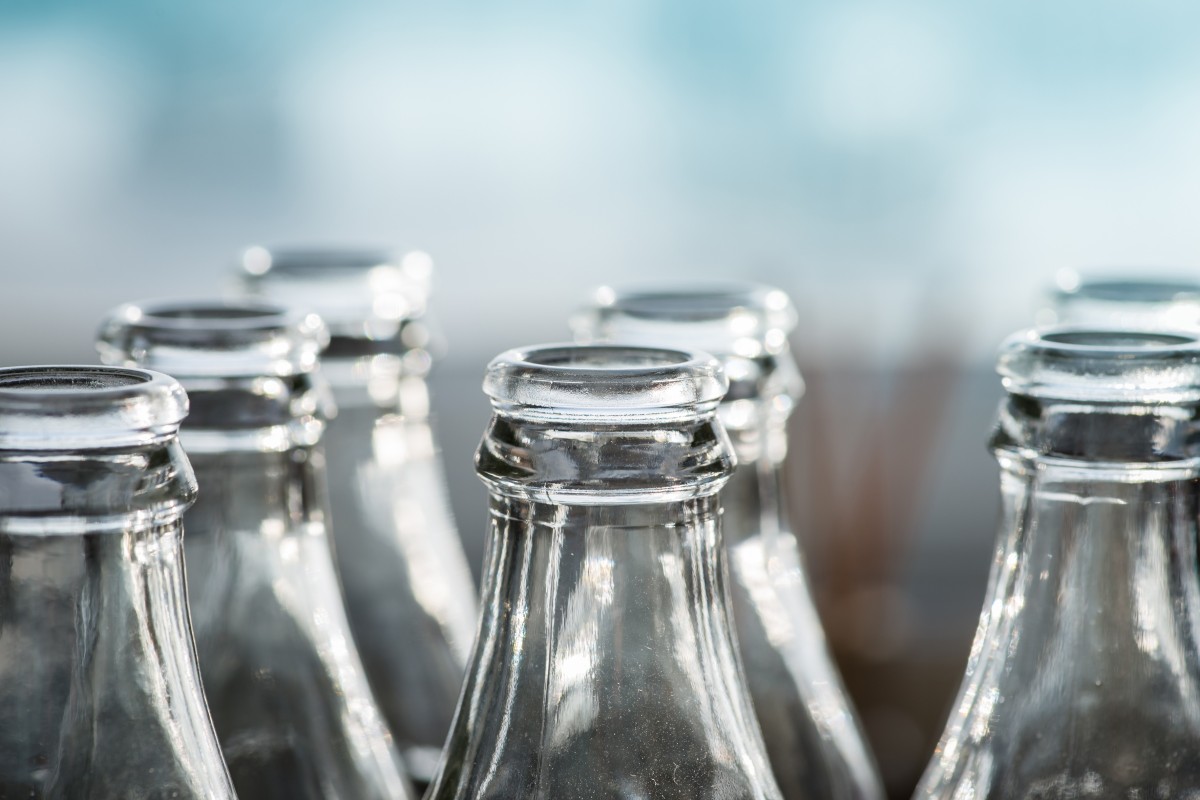
Hong Kong tax on glass bottles likely to come into effect in 2019
Manufacturers may be charged HK$1 for every one litre bottle they produce for consumption in the city

A new “glass bottle tax” is likely to be put into effect from 2019, after five years of public consultations and the Legislative Council approval of an amendment.
The “producer responsibility scheme on glass beverage containers”, which was first introduced in 2013, was designed to reduce the 243 tonnes of glass that is thrown away daily; this makes up about 2.3 per cent of all daily solid waste generated by the city.
The tax will target bottle makers who make glass bottles for consumption in Hong Kong. The government aims to charge manufacturers HK$1 per one litre bottle made.
However, the new regulations will allow for “registered [glass bottle] suppliers … to apply for exemptions from paying the levy”, so long as they fulfil environmental requirements, such as recycling and reusing a certain amount of glass bottles.
Currently, glass containers are either reused or are recycled into environmentally friendly road-paving material and filler for land reclamation. Additionally, the government plans to encourage glass bottle suppliers to explore alternative options for discarded glass bottles, such as making eco-cement, and decorative tiles.
Karina Chan, 14, said that bottle makers “should take responsibility for making the bottles”, but she doesn’t agree with putting all the blame on manufacturers.
Reuse, recycle ... and reduce the number of rubbish bins on Hong Kong’s streets
“It’s not entirely their fault; citizens should be [the ones] responsible for recycling glass bottles because it’s their choice to buy whatever’s in the bottle,” the Sha Tin College student said.
Natalie Kainz, 16, from King George V School, said that, while a levy is a step in the right direction, it could backfire on the government.
“I think that the government should definitely do more to encourage citizens. The tax levy is not enough to create real change on its own. It would be great if the government could create financial incentives, rather than disincentives, for glass recycling.”
While the levy is set to debut next year, Hong Kong has yet to implement a similar policy for plastic bottles. The city currently recycles less than 10 per cent of its plastic bottles, and 21 per cent of all waste dumped into landfills is plastic.